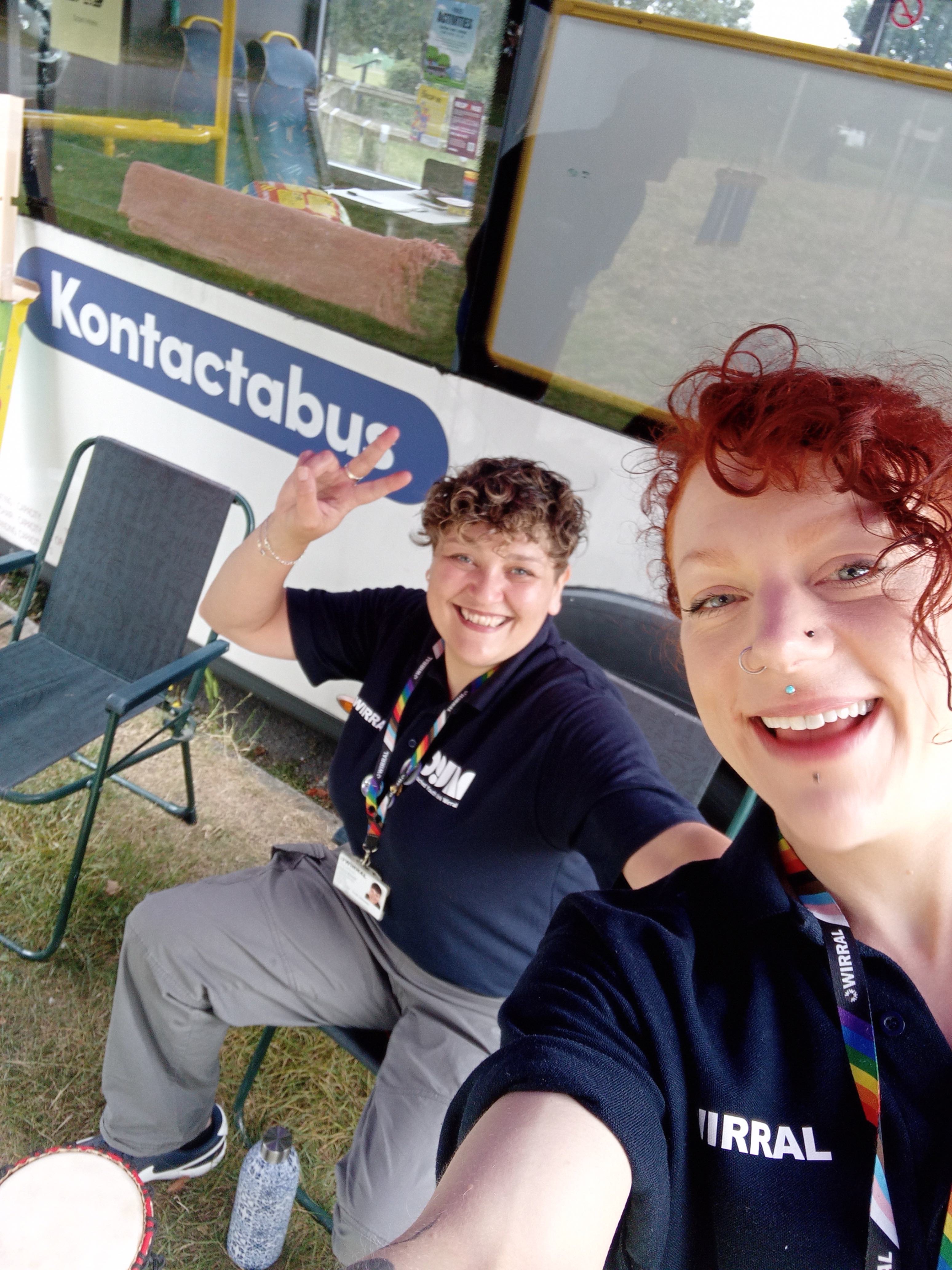CAP in Wales is at the forefront of efforts to prevent alcohol-related harm among young people. With initiatives expanding across the region, the importance of collaborative strategies and targeted interventions is becoming increasingly evident. In this blog, I explore how CAPs in Wales are making a difference and the key approaches they employ to address this critical issue.
Collaborative Strategies for Success:
CAPs in Wales recognise the power of collaboration. By partnering with local government, police forces, public health, educational institutions, and other key stakeholders, CAPs are able to pool resources, share expertise, and develop comprehensive strategies to tackle alcohol misuse in communities across the nation.
Tailored Interventions for Specific Needs:
One of the strengths of CAP initiatives in Wales is their ability to customise interventions based on the unique needs and challenges of different communities. For example, the partnership in Cardiff focuses on working with the 18 to 25 age group. This demographic is often at a higher risk of alcohol-related harm, due to factors such as peer pressure, easy access to alcohol, and lack of knowledge about the risks associated with excessive drinking. By targeting this age group, the CAP project delivers tailored interventions that address their specific needs and challenges.
In addition, the Cardiff CAP Partnership works alongside existing initiatives in the Night-Time Economy (NTE), universities and local businesses. By collaborating with these stakeholders, the Partnership can reach a wider audience and deliver a more comprehensive approach to reducing alcohol-related harm. This multi-sectoral approach is essential in creating a supportive environment that promotes responsible drinking and provides young people with alternatives to risky behaviours.
Flexible Delivery and Ongoing Evaluation:
The flexibility of CAP delivery models allows for continuous adaptation and refinement of interventions. By regularly evaluating outcomes and gathering feedback from participants, CAPs ensure that their strategies remain relevant, responsive, and effective in addressing alcohol-related harm in Wales.
Engagement and Education:
CAPs in Wales actively engage with communities, schools, and other institutions to raise awareness of the risks associated with alcohol misuse. Through educational initiatives, interactive workshops, and events like action days, CAPs empower individuals with knowledge and resources to make informed decisions and promote responsible drinking habits.
The majority of CAPs in Wales focus on engaging with young people in secondary schools to prevent alcohol-related anti-social behaviour (ASB). An action day in Pontardawe is a great example of a multi-agency event that aims to divert students from drugs and alcohol by showcasing alternative activities and providing information on available resources. By engaging with students and offering interactive demonstrations and information stands, CAPs are able to effectively educate and redirect young people towards healthier choices.
In short, CAP plays a crucial role in preventing alcohol-related harm in Wales. Through collaborative efforts, targeted interventions, flexible delivery models, and ongoing evaluation, CAPs are making significant strides in creating safer and healthier communities. By continuing to work together and innovate, I am working towards CAPs in Wales building on their successes and furthering reducing the impact of alcohol misuse on individuals and communities alike.

.png)





.jpeg)